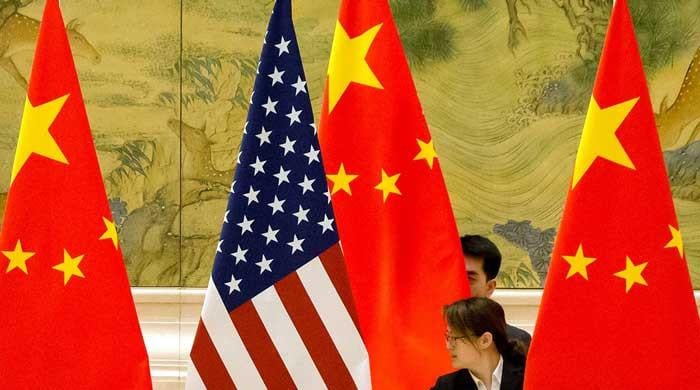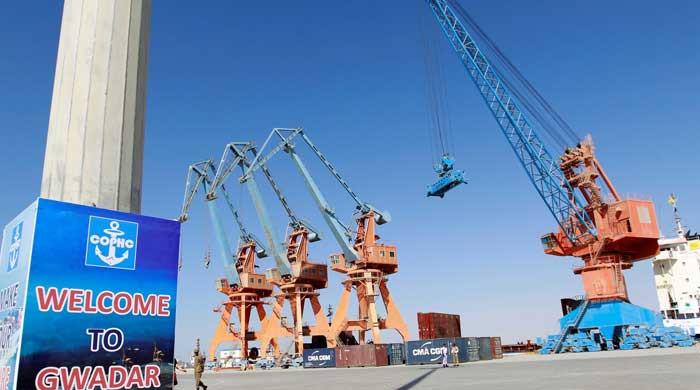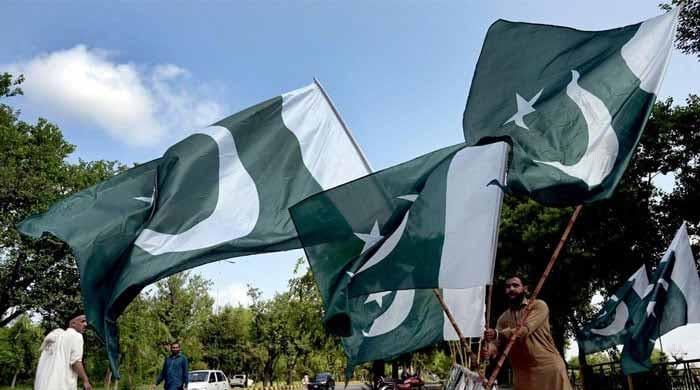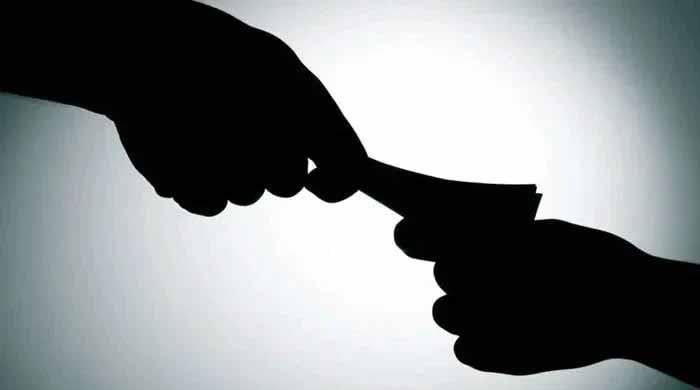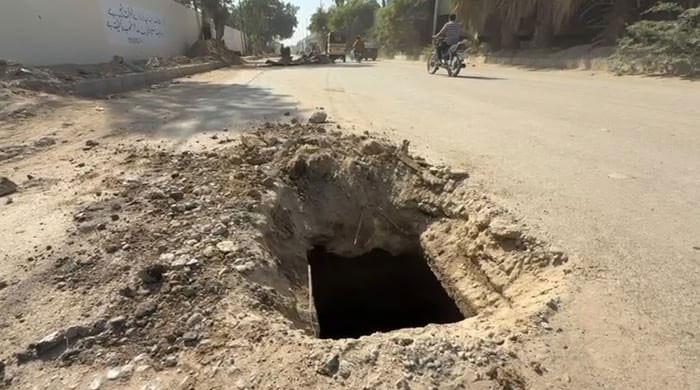Being apolitical is the only option
Unfortunately, we have never let our political system settle down and move from one economic crisis to another
May 14, 2022
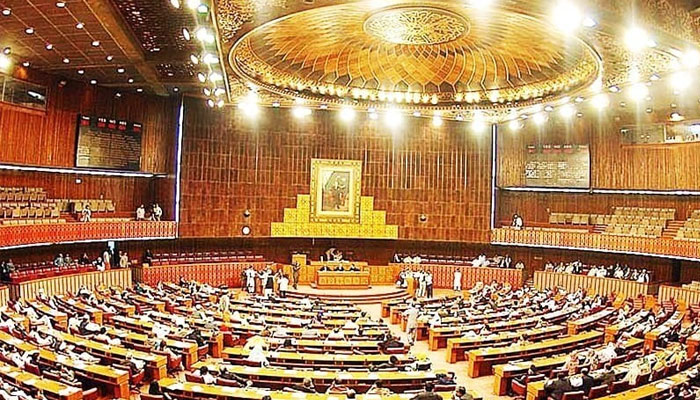
Pakistan, near its 75th anniversary, is unfortunately again facing a grave political and economic crisis. Its foreign reserves mostly made up of placements by friendly countries are fast depleting and can hardly finance two months of imports.
Whereas Indian reserves are around $600 billion now and can fund its imports for close to a year.
Unfortunately, our overall debt is close to 90% of GDP and Pakistan has taken 14 loan packages from IMF to bail out from different crises since 1980. Neighboring India last time went to IMF in 1993 for a bailout loan and has never gone back to IMF. There are many countries which faced a political and economic crisis, went to IMF and other global lenders, settled their issues in 7-10 years and never went back to IMF. Turkey took a number of IMF packages till 2005 and has never gone back to it since then.
It’s a historic fact that political stability leads to economic strength. Unfortunately, we have never let our political system settle down and move from one economic crisis to another.
From the tragic assassination of Prime Minister Liaquat Ali Khan to the string of unceremonious exits of governments and a number of martial laws, the political system has not settled down to this day. And not a single prime minister has completed a five-year term. On the other hand, India kept its democratic institutions intact and holds one of the largest national elections in the world repeatedly without major controversy. Whereas we are still struggling with EVMs, interferences of establishment etc. Only yesterday, the ex-prime minister accused the establishment of a major role in disbanding his govt whereas his party received extraordinary support from the same establishment in four years. Earlier, the PML-N did its round of blame game towards the establishment.
Over decades, the powerful quarters have favoured one political party against another. This also led to favourites in big business, media and other sectors. Accountability has been a major tool. Too many of such rounds have led to acrimony among federal units, political parties, lobbies and groups. It seems to have come to a head now as everybody in Pakistan seems to be blaming the other for the ills and there is talk of civil war etc.
The establishment has pledged that it has maintained an "apolitical" approach during the current political quagmire and after 75 years of struggle towards a stable Pakistan, this is the most desirable position to approach.
Political parties should welcome it and ensure the establishment adheres to it. In this age of 24 hours digital media, narratives are built fast and succeed or fail even faster. Pakistan's armed forces with a nuclear fleet in a very important region of the world have a lot of security challenges and it's the best policy that they are not distracted.
The people of Pakistan have entrusted the three major political parties i.e. PPP, PML N and PTI with power and the leadership of these parties should achieve common ground to benefit Pakistan from the new “apolitical” polity. PTI leadership may return to National Assembly and negotiate the best electoral reforms and lock a new election date.
The unity government should be flexible to attend to PTI concerns and settle the date for an early election. The armed forces' morale is an asset for any country and the political parties should also stop the blame game towards the establishment of whatever happened in the recent or distant past. Pakistan needs cohesion while facing a belligerent India which has annexed Kashmir and continues to back sabotage in Pakistan.
In the aftermath of the corona and Ukraine crisis, the global economic crisis has pushed Sri Lanka to bankruptcy while many countries including Pakistan are facing fatal challenges. The leadership of major political parties must return people's trust and avoid extreme positions under such a crisis.
In any game, there can only be one winner and it’s a mutual challenge for stakeholders in Pakistan to ensure that the game is played “Fair and Square”. The ultra-poor and have nots in Pakistan need and deserve a break and the power stakeholders must respond to save the kind of backlash witnessed in Sri Lanka.




